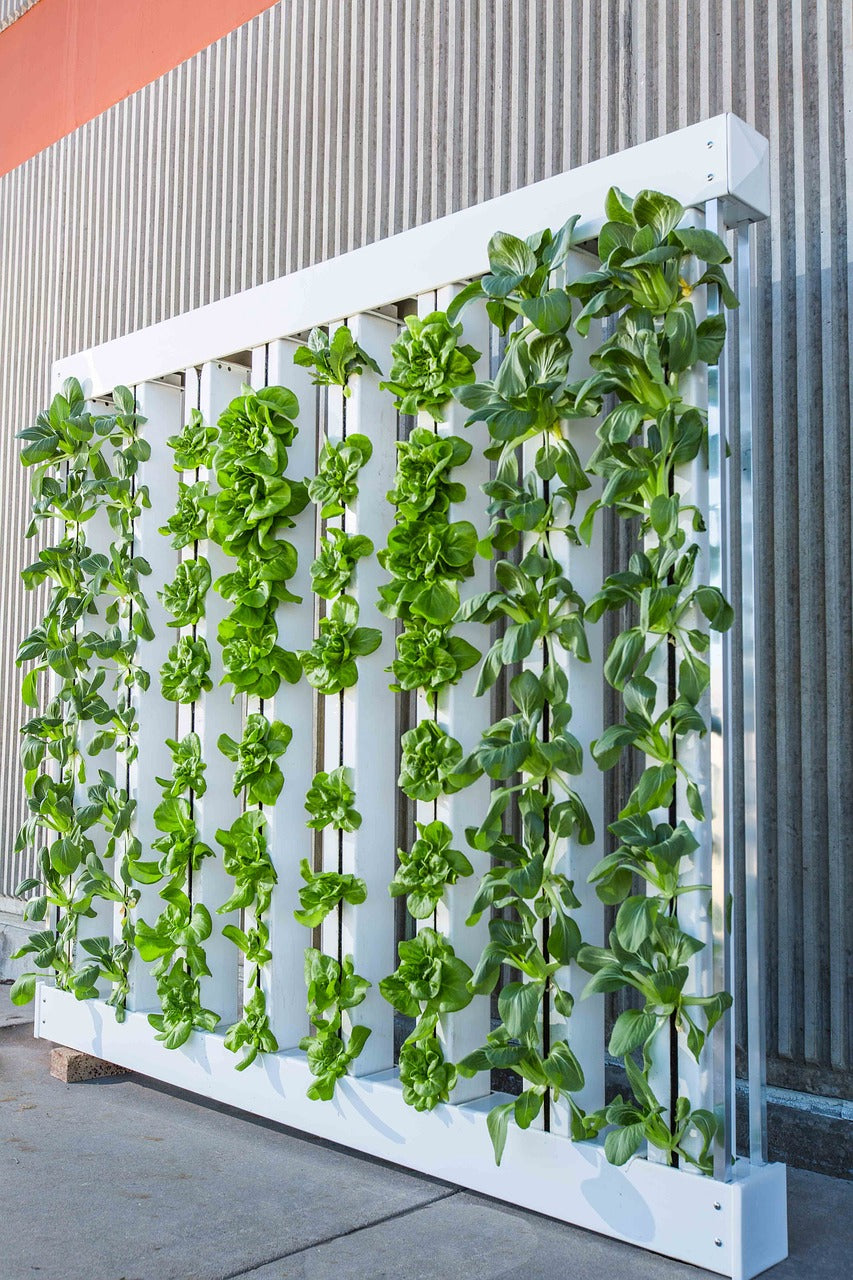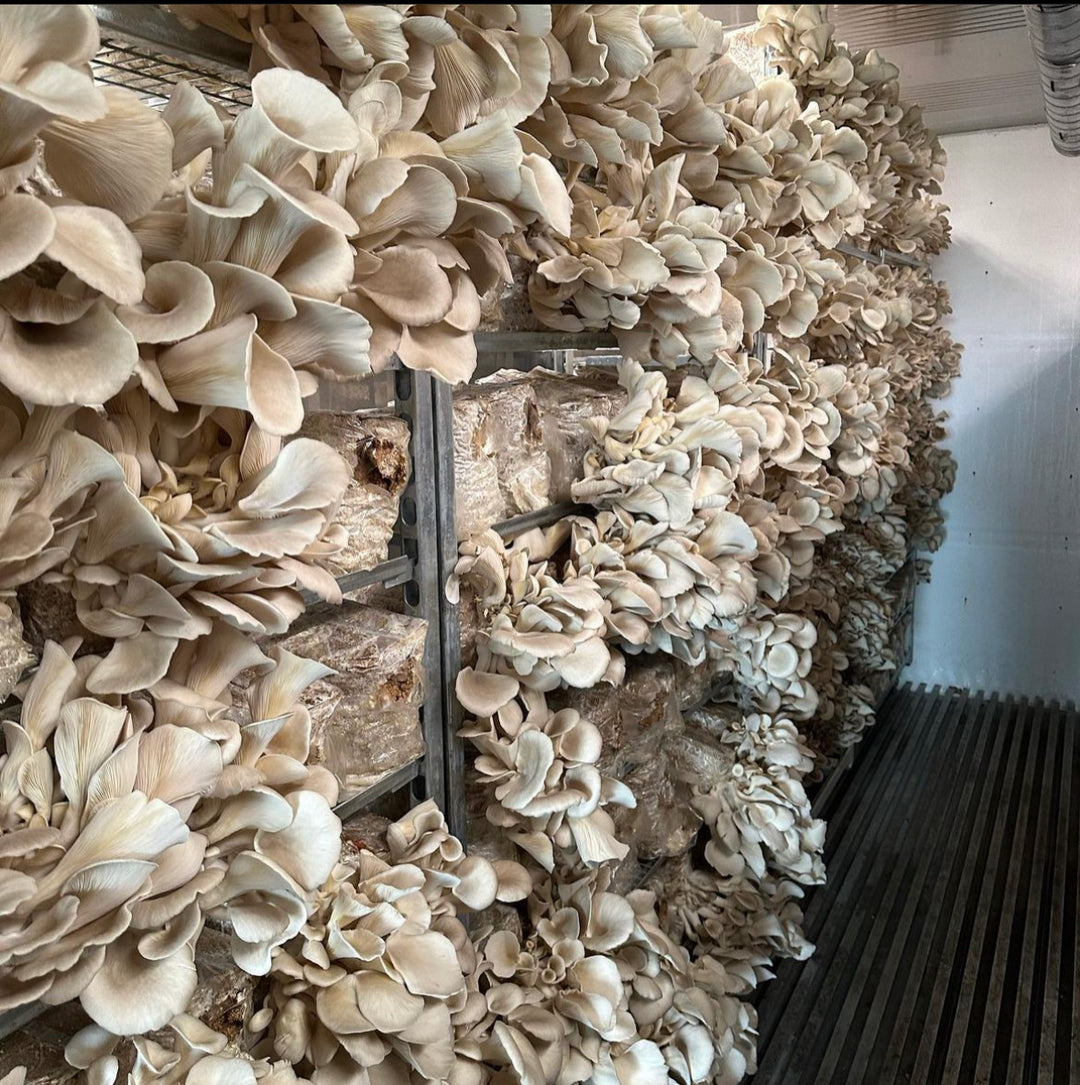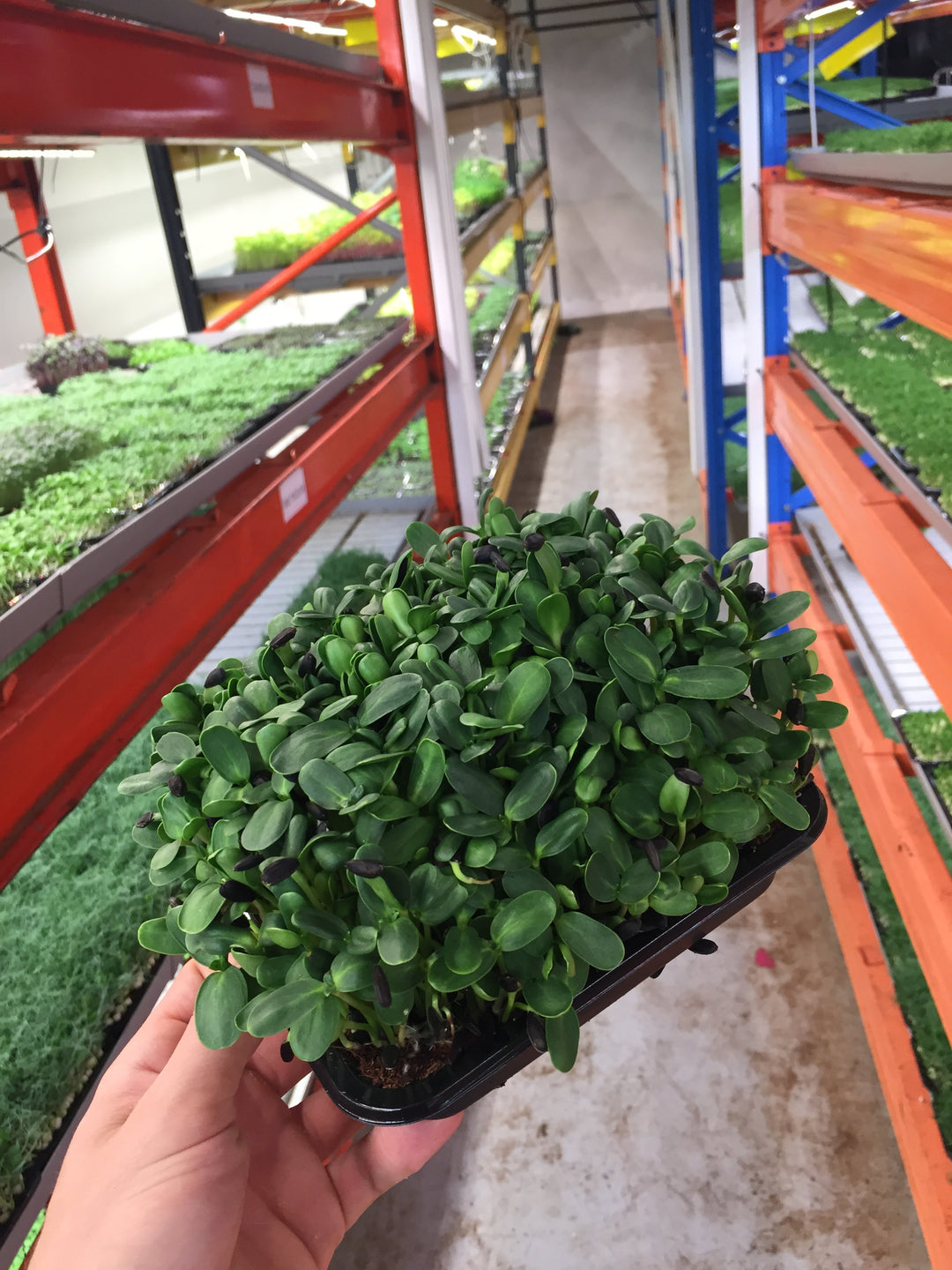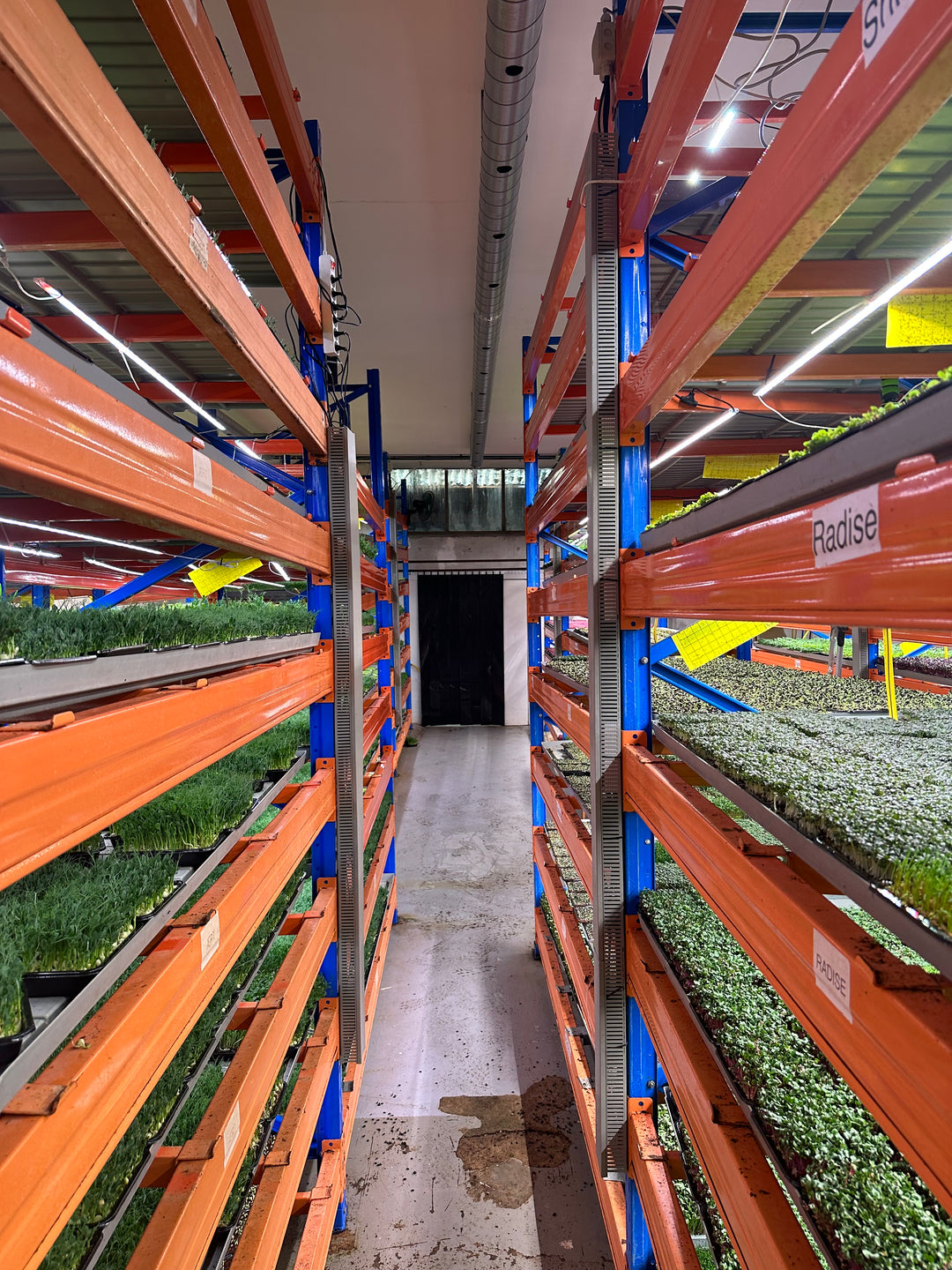Salad Farming: A Fresh Approach to Agriculture

Salad farming, also known as leafy green farming, is a specialized type of agriculture that focuses on growing leafy vegetables for salads. This includes crops like lettuce, spinach, kale, arugula, and radishes. Salad farming can be a profitable and sustainable venture, especially in regions with a suitable climate and access to markets.
Types of Salad Farming
There are several different methods of salad farming, including:
Field Production: This is the most traditional method, where crops are grown in large fields. Field production is suitable for regions with ample land and favorable weather conditions.
Greenhouse Production: Growing salads in greenhouses allows for year-round production, regardless of the climate. Greenhouses can also be used to control pests and diseases.
Hydroponics and Aeroponics: These methods involve growing plants without soil, using nutrient-rich water solutions or mist. Hydroponics and aeroponics can be highly efficient and reduce the need for pesticides.
Vertical Farming: Growing salads in stacked layers, often indoors, to maximize space efficiency. Vertical farming is particularly suitable for urban areas.
Challenges and Opportunities in Salad Farming
Competition: The salad market can be competitive, especially for large-scale producers. Differentiating your product through quality, variety, or sustainability can help you stand out.
Perishability: Salad greens have a short shelf life, so efficient harvesting, processing, and distribution are essential.
Pests and Diseases: Salad crops can be susceptible to pests and diseases, which can reduce yields and quality. Integrated pest management (IPM) strategies can help to control these problems.
Labor: Harvesting salad greens can be labor-intensive, especially for large-scale operations. Mechanization can help to reduce labor costs.
Market Demand: There is a growing demand for fresh, locally grown produce, including salad greens. Building relationships with local restaurants, grocery stores, and farmers markets can help you tap into this market.
Sustainability in Salad Farming
Salad farming can be a highly sustainable practice. By using sustainable farming methods, reducing waste, and minimizing the use of pesticides and herbicides, salad farmers can contribute to environmental protection. Some sustainable practices include:
Organic Farming: Growing salads without the use of synthetic pesticides or fertilizers.
Crop Rotation: Rotating crops can help to improve soil health and reduce the risk of pest and disease problems.
Water Conservation: Efficient irrigation practices can help to conserve water.
Biodiversity: Promoting biodiversity on farms can help to attract beneficial insects and improve ecosystem health.
Conclusion
Salad farming is a dynamic and growing sector of agriculture. By addressing the challenges and embracing sustainable practices, salad farmers can produce high-quality, nutritious, and environmentally friendly products that meet the needs of consumers.


